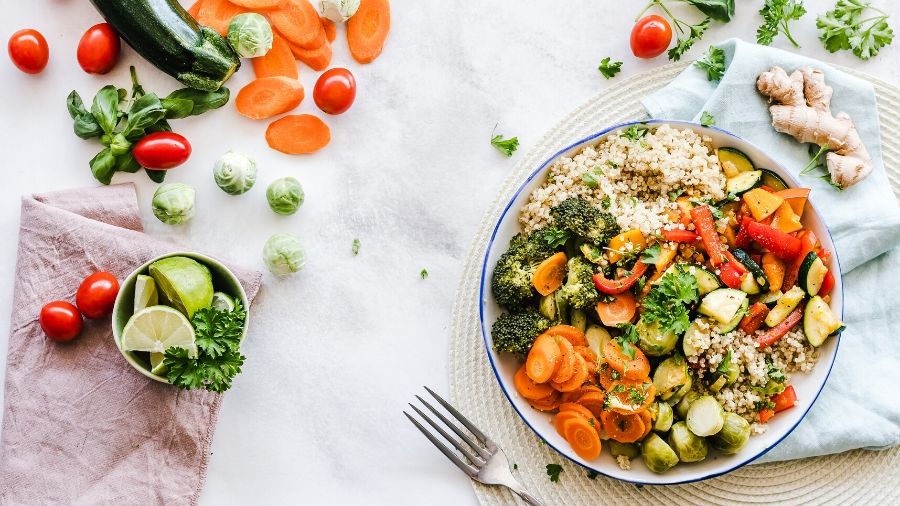
Eating well is a priority when you’re preparing for a physical challenge like a trek.
Check out our top 6 tips to help fuel your training.
Contact the NSPCC Helpline
You can contact the NSPCC Helpline by calling 0808 800 5000, emailing help@NSPCC.org.uk or completing our report abuse online form.
Our voice Helpline is currently available 10am–4pm Monday to Friday. You can still email help@NSPCC.org.uk or complete our report abuse online form at any time for free. You don’t have to say who you are.
If you think a child is in immediate danger, please call the police on 999 straight away.
18 or under?
Childline offers free, confidential advice and support whatever your worry, whenever you need help.

Eating well is a priority when you’re preparing for a physical challenge like a trek.
Check out our top 6 tips to help fuel your training.
The right kind of carbs take longer for your body to digest and will slowly release energy, so you have enough fuel to power you through training sessions. Choose complex carbohydrates, often described as low GI foods, like wholegrain breads, oats, brown rice and beans.
Protein forms the body's building blocks and when you’re training, it’s particularly important to help your body recover and adapt from all the exertion. Healthy protein sources include beans and pulses, lean meat, fish, tofu, eggs and nuts.
Include a range of brightly-coloured fruit and vegetables in your diet, such as oranges, leafy greens, carrots and peppers. They’re packed with vitamins and minerals that your body particularly needs during training. These include vitamin C - essential for growth and repair of tissues and beta-carotene - which helps your body defend itself against illness and infection.
Dehydration can affect your body’s performance so get into the habit of sipping the recommended 6-8 glasses of water a day, whether it’s a training day or not. You can get water from foods you eat too, such as fruit and veg. Monitoring the colour of your urine is an easy way to see if you’re drinking enough: it should be a pale straw colour. Alcohol can dehydrate you, so you may want to ease up on the booze while you’re training.
Adapt what and when you eat according to the intensity of your training. For long training walks, you’ll need to fuel up beforehand – but leave lots of time so you’re not exercising on a bloated or uncomfortable stomach. After a hard training session, refuel as soon as soon as possible: a protein-packed meal or snack like a peanut butter or tuna sandwich, should be just the ticket.
Way in advance of the actual date and during your longer training sessions, start trying out snacks and energy foods for event day. It’s all about finding the fuel that suits your body and your taste buds. Not everyone likes energy gels, for example, and you may want to try bars or drinks. Whatever you do, don’t try any new foods on the day of your trek or challenge: the last thing you need is an upset stomach.